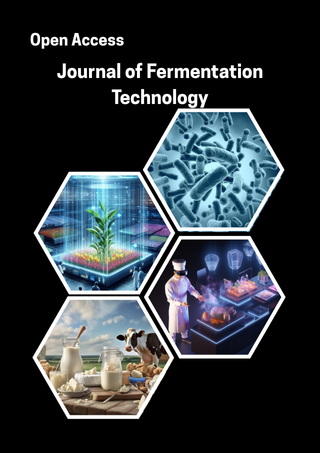Awards Nomination
15+ Million Readerbase
Google Scholar citation report
Indexed In
Open J Gate Genamics JournalSeek RefSeek Hamdard University EBSCO A-Z OCLC- WorldCat Publons Geneva Foundation for Medical Education and Research Euro Pub Google Scholar
Journal Flyer

Journal Highlights
Useful Links
Recommended Journals
Open Access Journals
Journal of Mental Health and Psychiatry
Journal of Cancer Chemotherapy
Journal of Pediatrics Neonatal Biology
Journal of Women Health
Journal of Drug Discovery and Research
Journal of Genetics and Molecular Biology
Journal of Dental Sciences
Journal of Bacteriology Parasitology
Journal of Biology and Medicine
Journal of Fermentation Technology
Journal of Plant Pathology
Journal of Stem cell Research and Therapy
Journal of Medical Intelligence and Digital Health
Microorganisms Involved in Fermentation
Microorganisms play a vital role in fermentation by breaking down complex compounds into simpler products. The most common microorganisms involved are bacteria, yeasts, and molds. Lactobacillus species are widely used in dairy and vegetable fermentation to produce lactic acid. Saccharomyces cerevisiae, a type of yeast, is essential for alcoholic fermentation in bread, beer, and wine production. Acetic acid bacteria help convert alcohol into vinegar. Molds like Aspergillus are used in fermenting soy products like miso and soy sauce. Each microorganism contributes unique enzymes that affect texture, flavor, and preservation. Their controlled use ensures consistency and safety in fermented foods.
